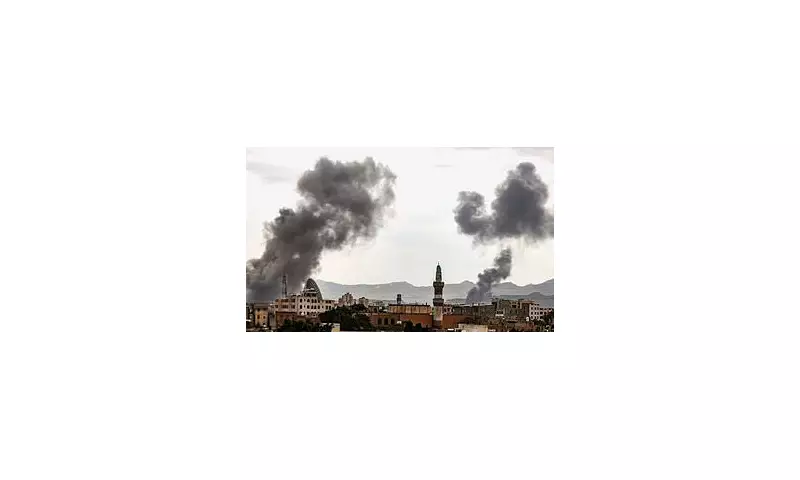
In a dramatic escalation of hostilities that threatens to engulf the Middle East, Israeli fighter jets have conducted a series of precision air strikes against Houthi militant positions in Yemen. The operation, which targeted sites in the capital Sanaa, marks a significant expansion of the ongoing conflict beyond the borders of Gaza.
The Iran-backed Houthi rebels, staunch allies of Hamas, have been a persistent threat to regional security. Their attacks on international shipping in the critical Bab el-Mandeb strait have raised alarms in capitals worldwide, including London.
A Direct Response to Iranian Proxies
Military analysts suggest these strikes are a clear message from Israel to Iran and its network of proxy forces. By hitting Houthi capabilities directly, Israel aims to degrade their ability to launch cross-border attacks and disrupt maritime traffic, a vital artery for global trade and energy supplies.
The UK Foreign Office is understood to be on high alert, assessing the potential ramifications for British interests and nationals in the region. The fear of a tit-for-tat cycle of retaliation, drawing in other Iranian-backed groups like Hezbollah in Lebanon, is a primary concern for diplomats.
The Stalled Qatar-Mediated Talks
This military action comes at a critical juncture in behind-the-scenes diplomacy. Qatari mediators, who have been working tirelessly to broker a ceasefire between Israel and Hamas, now face an even more complex challenge. The strikes in Yemen threaten to derail these fragile negotiations, potentially hardening positions on all sides.
The situation remains highly volatile. Defence experts are watching for any sign of retaliation from the Houthis or their sponsors in Tehran, which could rapidly trigger a broader regional war with unpredictable consequences for international security and the global economy.





